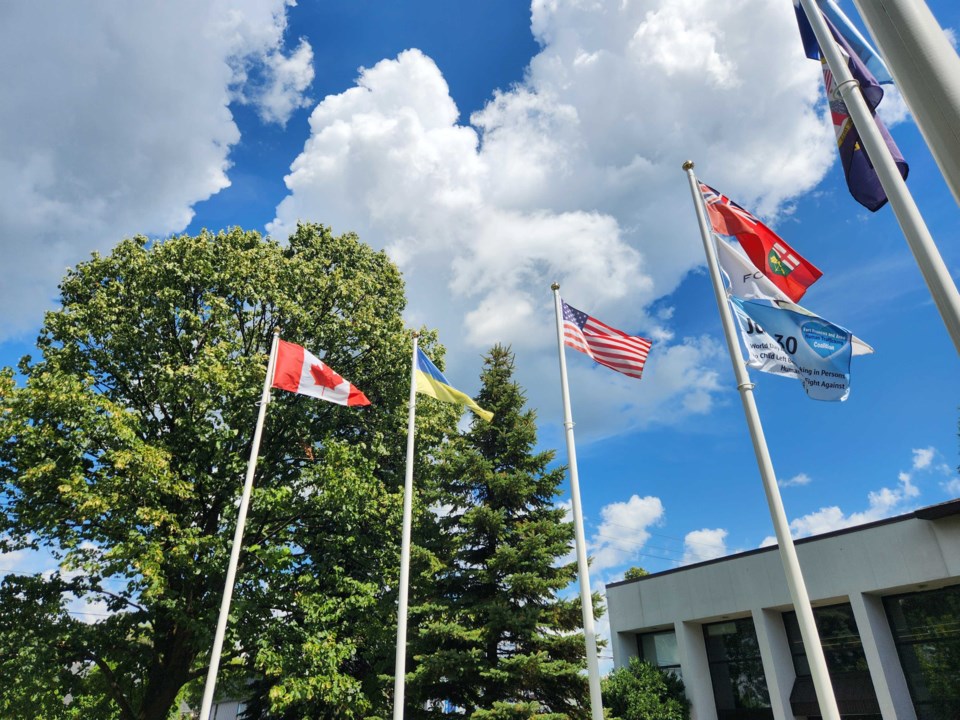FORT FRANCES — Some foreign-born workers face uncertainty about their future in Fort Frances, despite their ongoing contributions to the local workforce.
The federal government put a plan into effect last year that paused short-term population growth in Canada to achieve well-managed, sustainable long-term growth, according to an October 2024 press release from Immigration, Refugees, and Citizenship Canada.
“Immigration is essential to our country’s economic success and growth,” according to the release. “As Canada reopened following the pandemic, the needs of businesses were greater than the supply of workers available to support their recovery.”
Robust immigration attracted foreign workers. It also created housing shortages and strains on infrastructure and social services programs. Limiting immigration is hoped to alleviate some of those pressures “so that over the long term we can grow our economic and social prosperity through immigration,” according to the release.
Fort Frances Mayor Andrew Hallikas said that is unfortunate because there are many centres across the county in which immigration is essential.
“And we’re one of those areas,” he said.
The 2025–2027 Immigration Levels Plan is expected to result in a population decline of 0.2 per cent this year and next before returning to a population growth of 0.8 per cent in 2027.
“I’m in contact with many of the business owners in Fort Frances,” Hallikas said.
Those business owners and their foreign-born workers are passionate in their cause, he said.
“The economic essentiality of having these workers available,” he said. “If they didn’t have these workers available, their businesses would have to have fewer hours or in some cases even close.”
One of those workers is Dhruvi Vipulkumar Desai, who has lived in Fort Frances since 2023 after finishing her post-secondary education in Scarborough. Her husband arrived last year.
“We have come to love Fort Frances and are deeply committed to continuing our work and life here,” she said in a letter to town council. “However, our current work permits are nearing expiration and we are facing uncertainty regarding our future in this town due to the lack of a permanent residency (PR) pathway available in the Rainy River District.”
They work with Treaty Three Police Service and Giishkaandago’ikwe Health Services, “contributing to the well-being of the local and surrounding Indigenous communities.”
She said the lack of a rural immigration stream tailored for communities like Fort Frances has created a significant barrier.
“We are not alone in this situation,” she said. “Many other immigrants in Fort Frances are also working in essential roles — whether in health care, law enforcement, or social services — yet face the same challenge.
“Without an immigration program that allows them to remain and grow roots here, they are forced to move to other regions where such opportunities exist.”
And that exacerbates labour shortages and adds to the uncertainty of local business owners, Desai said.
She asked council to advocate for a rural immigration program tailored to Fort Frances and the Rainy River District. Such a program would retain skilled professionals who are already serving the community and make Fort Frances more attractive for future newcomers.
“We are not alone in this,” Hallikas said. “Many of the rural (communities) across the county face the same situation.”
He said he doesn’t feel a letter of support is necessary. But one could be written should it be council’s wish. Many such supportive missives have been sent on behalf of temporary residents.
“We’re on this (and) we’re going to stay on this,” Hallikas said.
Fort Frances Times / Local Journalism Initiative




